1. Understanding Your New Memory Foam Mattress
So, you've invested in a new memory foam mattress, hoping for a comfortable and restful sleep. But after a few nights of sleeping on it, you realize that it's just too hard. Don't worry, you're not alone. Many people struggle with the initial firmness of their new memory foam mattress. But before you give up on it, let's take a closer look at what might be causing this discomfort and how you can make it work for you.
2. Why is Your Memory Foam Mattress Too Hard?
Memory foam mattresses are known for their supportive and pressure-relieving properties. However, they are also known for their initial firmness. This is because memory foam is a dense material that needs some time to adjust to your body and soften up. So, if your new memory foam mattress feels too hard, it's likely because it hasn't fully broken in yet.
3. Give it Some Time to Break In
As mentioned, memory foam mattresses need some time to adjust to your body and soften up. This process can take anywhere from a few days to a few weeks, depending on the quality and density of your mattress. So, if you've just purchased your new memory foam mattress, give it some time before you jump to conclusions. You might be surprised at how much it can change in just a few days.
4. The Importance of Support
One of the main reasons people opt for memory foam mattresses is for the support they offer. Unlike traditional mattresses, memory foam molds to your body, providing support for your spine and joints. This support is essential for a restful sleep and to alleviate any existing pain or discomfort. So, while it may feel too hard at first, remember that the support it offers is crucial for your overall comfort and well-being.
5. The Softness Factor
Another factor to consider is the softness level of your new memory foam mattress. Memory foam mattresses come in different firmness levels, and you may have chosen one that is too firm for your liking. If this is the case, you can always consider adding a mattress topper to provide some extra cushioning and softness. Just make sure to choose a topper that is specifically designed for memory foam mattresses.
6. Are You Sleeping on the Right Mattress?
While memory foam mattresses are known for their comfort and support, they are not the right fit for everyone. If you find that your new memory foam mattress is too hard for your liking, it could be a sign that this type of mattress is not suitable for you. In this case, you may want to consider exchanging it for a different type of mattress that better suits your sleeping preferences and needs.
7. Don't Neglect Your Sleeping Position
Believe it or not, your sleeping position can play a significant role in how your memory foam mattress feels. If you're used to sleeping on a traditional spring mattress, you may be used to a certain level of firmness and support. However, memory foam mattresses require a different approach. For example, if you're a side sleeper, you may need a slightly softer mattress to accommodate your pressure points.
8. Adjusting to Your New Mattress
As with any new mattress, there is always an adjustment period. If you've been sleeping on a different type of mattress for years, your body may need some time to get used to the new sleeping surface. This is especially true for memory foam mattresses, which can feel quite different from traditional mattresses. Be patient and give your body some time to adapt to the change.
9. Don't Be Afraid to Make Changes
If, after a few weeks, you find that your memory foam mattress is still too hard for your liking, don't hesitate to make some changes. You can try adding a mattress topper, changing your sleeping position, or even exchanging the mattress for a different one. Remember, the most important thing is to find a mattress that allows you to get a good night's sleep.
10. Your Comfort is Key
At the end of the day, your comfort is the most important factor when it comes to your mattress. If your new memory foam mattress is too hard and causing you discomfort, take the necessary steps to make it work for you. Whether that means giving it some time to break in, adding a topper, or exchanging it for a different mattress, don't settle for anything less than a comfortable and restful sleep.
Making Your House Design More Comfortable: The Importance of Choosing the Right Mattress

Why a Good Mattress is Essential for a Comfortable Home
 A good night's sleep is crucial for our overall well-being, and nothing affects the quality of our sleep more than the
mattress
we sleep on. With the rise in popularity of
memory foam mattresses
, many people are opting for this type of mattress for its pressure-relieving and supportive properties. However, not all memory foam mattresses are created equal and if you find that your new
memory foam mattress
is too hard, it can have a significant impact on your comfort and sleep quality.
A good night's sleep is crucial for our overall well-being, and nothing affects the quality of our sleep more than the
mattress
we sleep on. With the rise in popularity of
memory foam mattresses
, many people are opting for this type of mattress for its pressure-relieving and supportive properties. However, not all memory foam mattresses are created equal and if you find that your new
memory foam mattress
is too hard, it can have a significant impact on your comfort and sleep quality.
The Potential Causes of a Hard Memory Foam Mattress
 There are a few reasons why your
memory foam mattress
may feel too hard. One possible cause is that it is a lower density memory foam, which means it contains less material per cubic foot, making it firmer. Another reason could be that the
mattress
is still new and needs some time to break in and conform to your body. Additionally, if you are used to sleeping on a traditional innerspring or pillow-top mattress, the
memory foam
may feel too firm in comparison.
There are a few reasons why your
memory foam mattress
may feel too hard. One possible cause is that it is a lower density memory foam, which means it contains less material per cubic foot, making it firmer. Another reason could be that the
mattress
is still new and needs some time to break in and conform to your body. Additionally, if you are used to sleeping on a traditional innerspring or pillow-top mattress, the
memory foam
may feel too firm in comparison.
How to Make Your Memory Foam Mattress Softer
 If you find that your
memory foam mattress
is too hard for your liking, there are a few things you can do to make it softer and more comfortable. One option is to add a
mattress topper
to provide an extra layer of cushioning. Look for a
memory foam topper
that is a lower density than your
mattress
to help soften the feel. Another solution is to rotate or flip your
mattress
, depending on the type and brand. This can help evenly distribute your body weight and allow the
memory foam
to contour to your body more effectively.
If you find that your
memory foam mattress
is too hard for your liking, there are a few things you can do to make it softer and more comfortable. One option is to add a
mattress topper
to provide an extra layer of cushioning. Look for a
memory foam topper
that is a lower density than your
mattress
to help soften the feel. Another solution is to rotate or flip your
mattress
, depending on the type and brand. This can help evenly distribute your body weight and allow the
memory foam
to contour to your body more effectively.
Consider the Firmness Level Before Purchasing
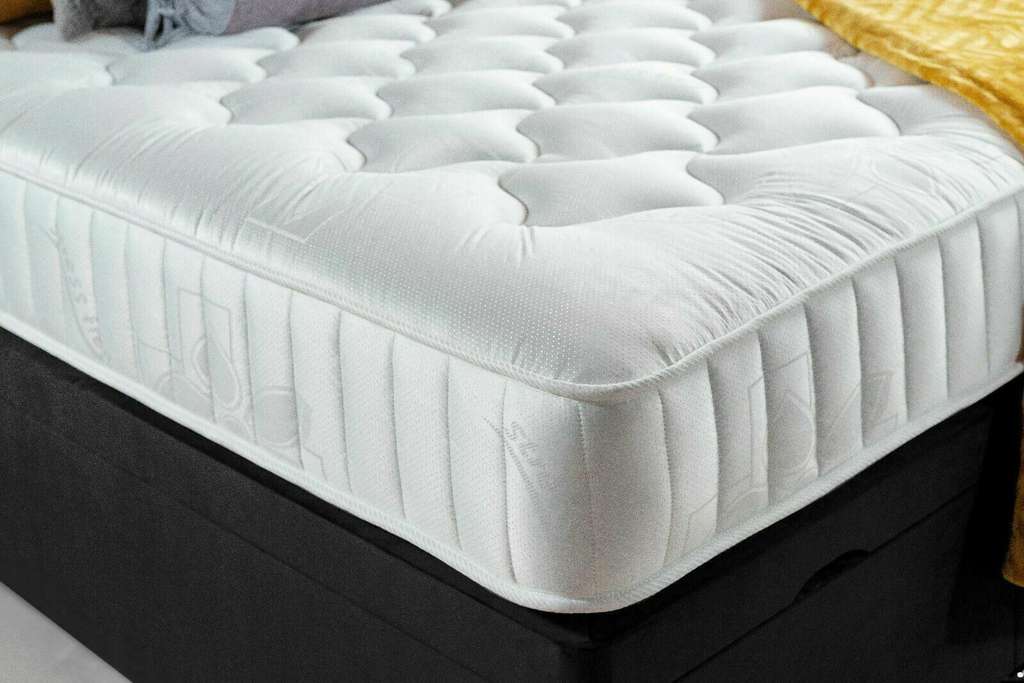 When buying a
memory foam mattress
, it is important to consider the firmness level that will work best for you. While some people prefer a firmer feel, others may find a softer
mattress
more comfortable. Be sure to read reviews and try out different
mattresses
in store before making a purchase. Additionally, some brands offer different firmness options for their
memory foam mattresses
, so be sure to inquire about this when shopping.
When buying a
memory foam mattress
, it is important to consider the firmness level that will work best for you. While some people prefer a firmer feel, others may find a softer
mattress
more comfortable. Be sure to read reviews and try out different
mattresses
in store before making a purchase. Additionally, some brands offer different firmness options for their
memory foam mattresses
, so be sure to inquire about this when shopping.
In Summary
 A
memory foam mattress
can be a great addition to your home design, providing comfort and support for a restful night's sleep. However, if you find that your new
mattress
is too hard, there are steps you can take to make it softer and more comfortable. Consider the firmness level before purchasing and be sure to give your
memory foam mattress
some time to break in and conform to your body. With the right
mattress
, you can create a cozy and comfortable space in your home to relax and recharge.
A
memory foam mattress
can be a great addition to your home design, providing comfort and support for a restful night's sleep. However, if you find that your new
mattress
is too hard, there are steps you can take to make it softer and more comfortable. Consider the firmness level before purchasing and be sure to give your
memory foam mattress
some time to break in and conform to your body. With the right
mattress
, you can create a cozy and comfortable space in your home to relax and recharge.

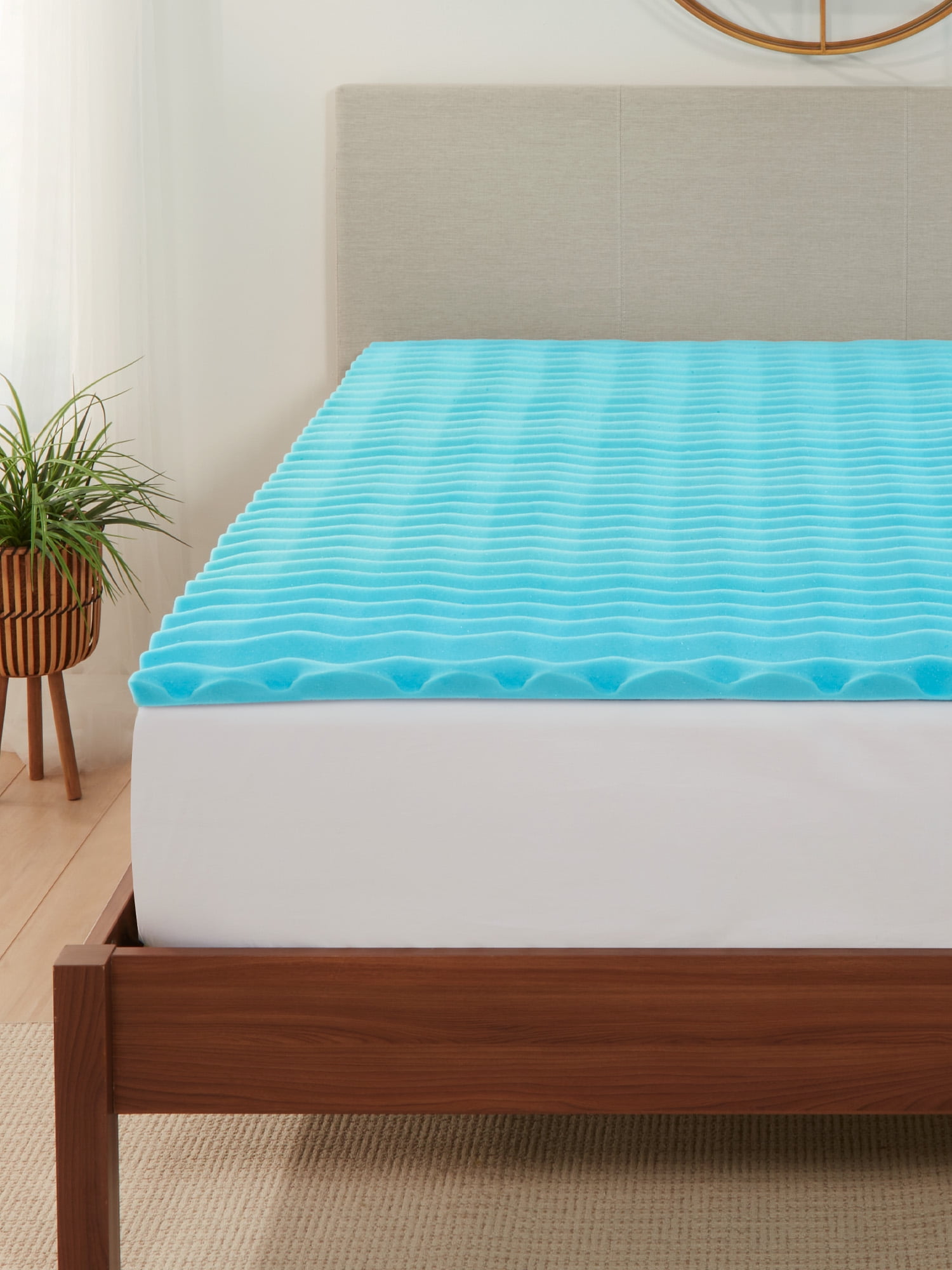
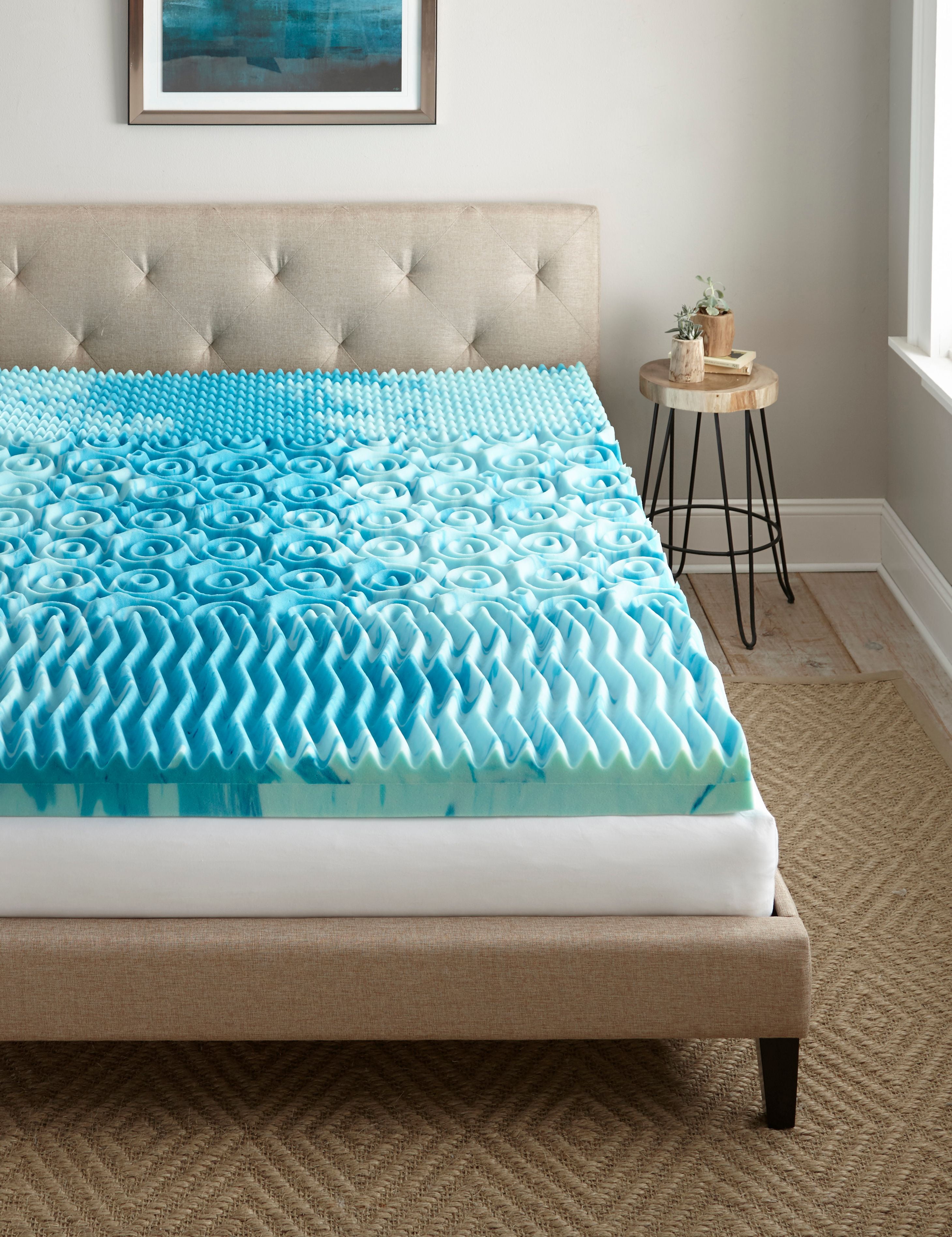























































































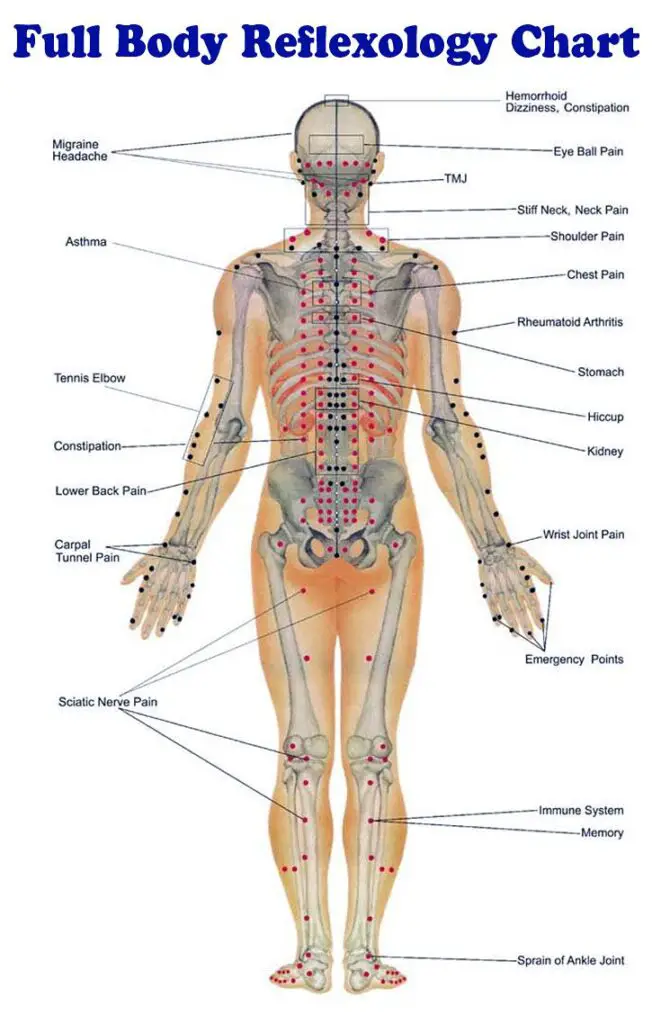





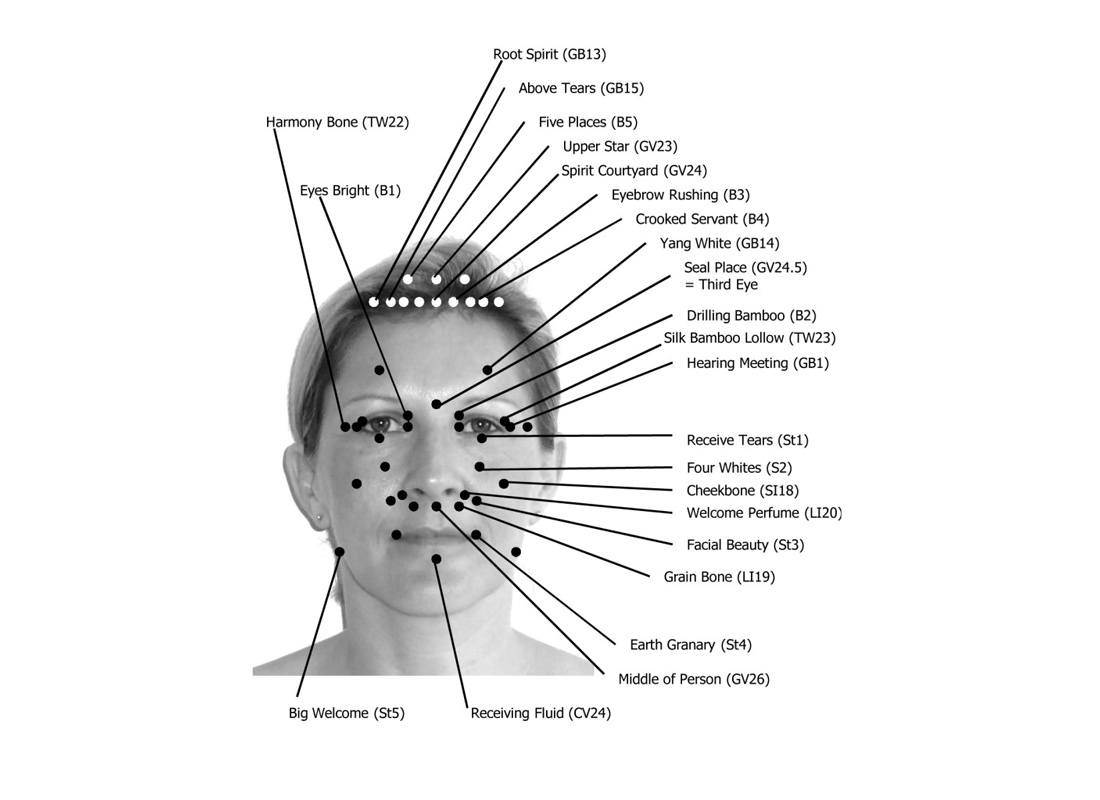

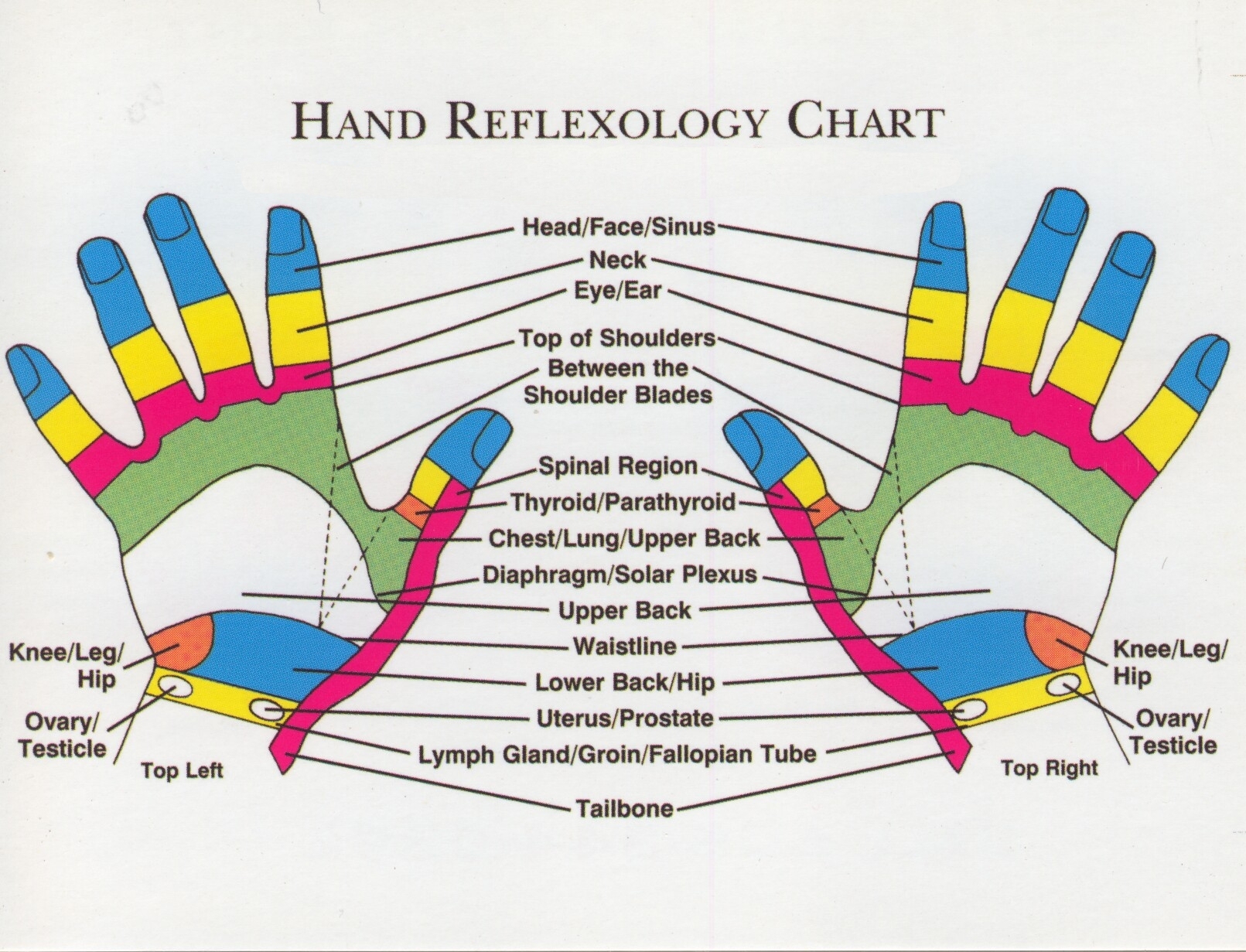





/Adjust-Cabinet-Hinges-93246773-5751b7415f9b5892e8722a6b.jpg)
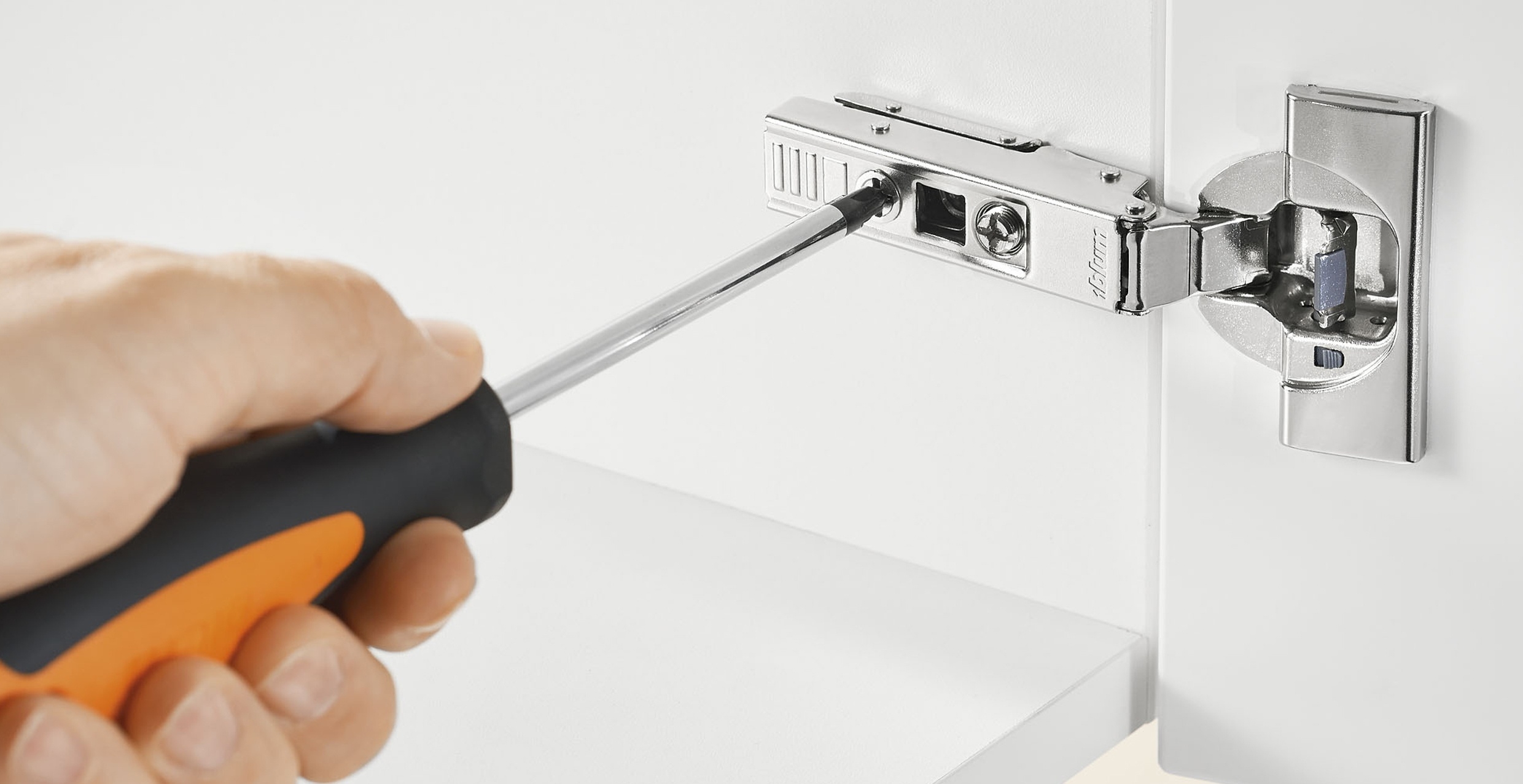
:max_bytes(150000):strip_icc()/how-to-adjust-cabinet-hinges-1822181-01-9518583bf0374f2a8d3b87cadd5fc25f.jpg)








